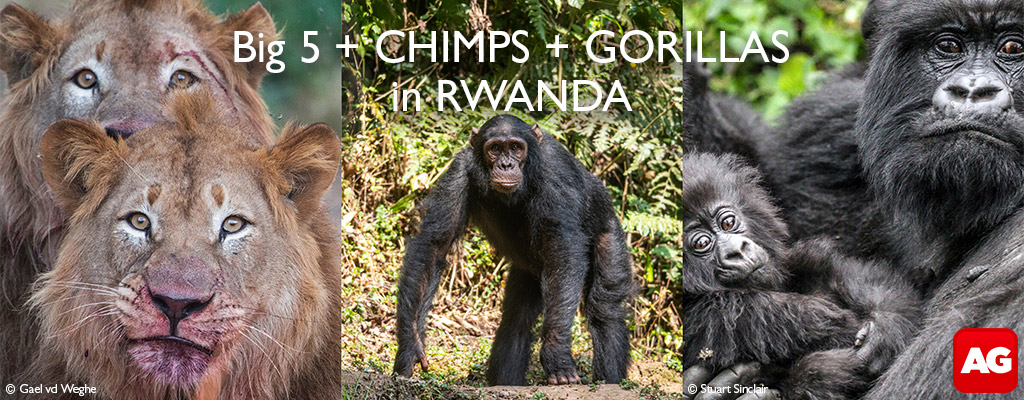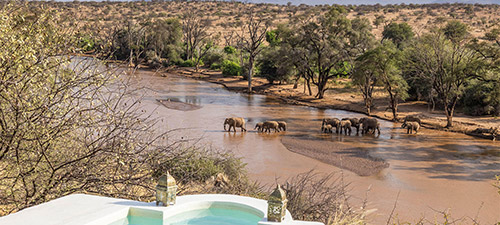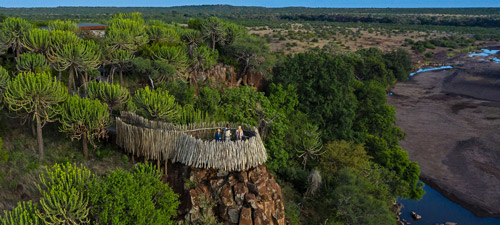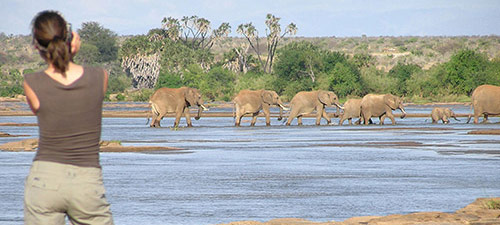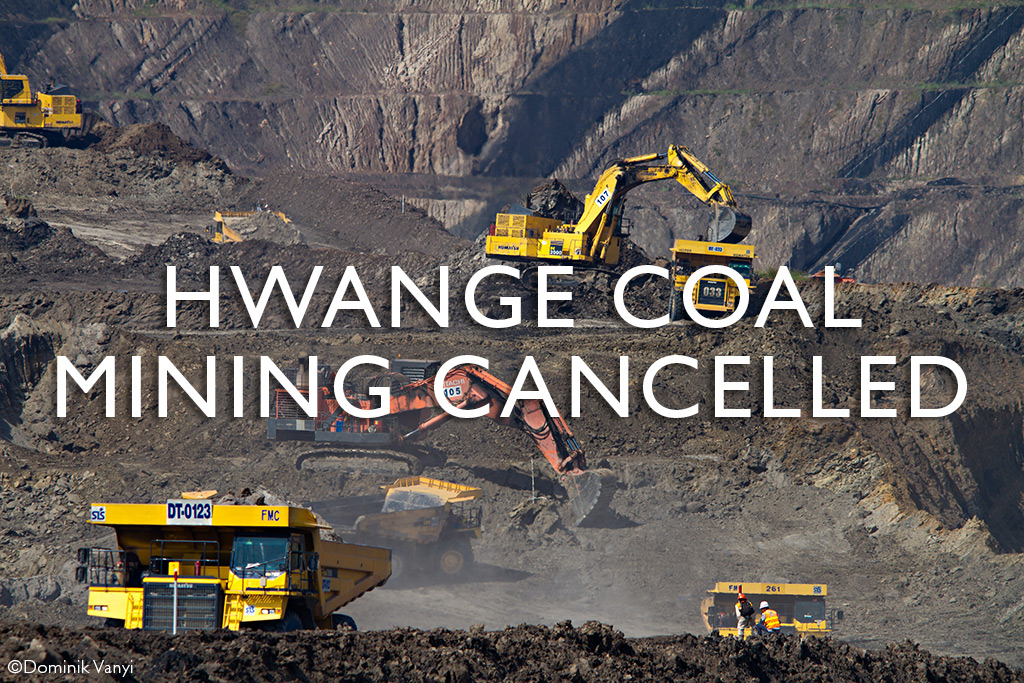
UPDATE to our recent report on Chinese coal mining in Hwange National Park, Zimbabwe: “Mining on areas held by national parks is banned with immediate effect. Steps are being undertaken to immediately cancel all mining title held in national parks,” stated information minister Monica Mutsvangwa during a news media briefing on Tuesday after a weekly cabinet meeting.
Mines Minister Winston Chitando said state mining arm Zimbabwe Mining Development Corporation holds the Hwange concessions and had partnered with two Chinese firms, Afrochine Energy and Zimbabwe Zhongxin Coal Mining Group to utilise the concessions.
This about-turn follows on pressure from tourism bodies, conservationists and a threat of legal action by the Zimbabwe Environmental Law Association who filed an urgent high court application. The application was based on mining prospecting being undertaken without an environmental impact assessment certificate having been issued and therefore in violation of the Environmental Management Act. Additionally, mining in a national park is in breach of the constitutional duty to prevent ecological degradation and promote conservation in terms of section 73(b) of Zimbabwe’s constitution.
Zimbabwe is entirely reliant on coal for energy, and a substantial portion of the country’s coal reserves are found in the Hwange district, with the Hwange Colliery Company operating as the oldest coal mine. In recent months, the Zimbabwean government has been pushing for increased coal and energy production in the country. It has issued several special grants to prospective coal miners as well as increasing the capacity of power stations and smelters. While there have been concerns around pollution and health risks to neighbouring communities, most of the new developments have taken place outside the protected areas.
Hwange National Park is Zimbabwe’s largest national park at 15,000km2 and is home to the second-largest elephant population in Africa.![]()
To comment on this story: Login (or sign up) to our app here - it's a troll-free safe place 🙂.![]()

